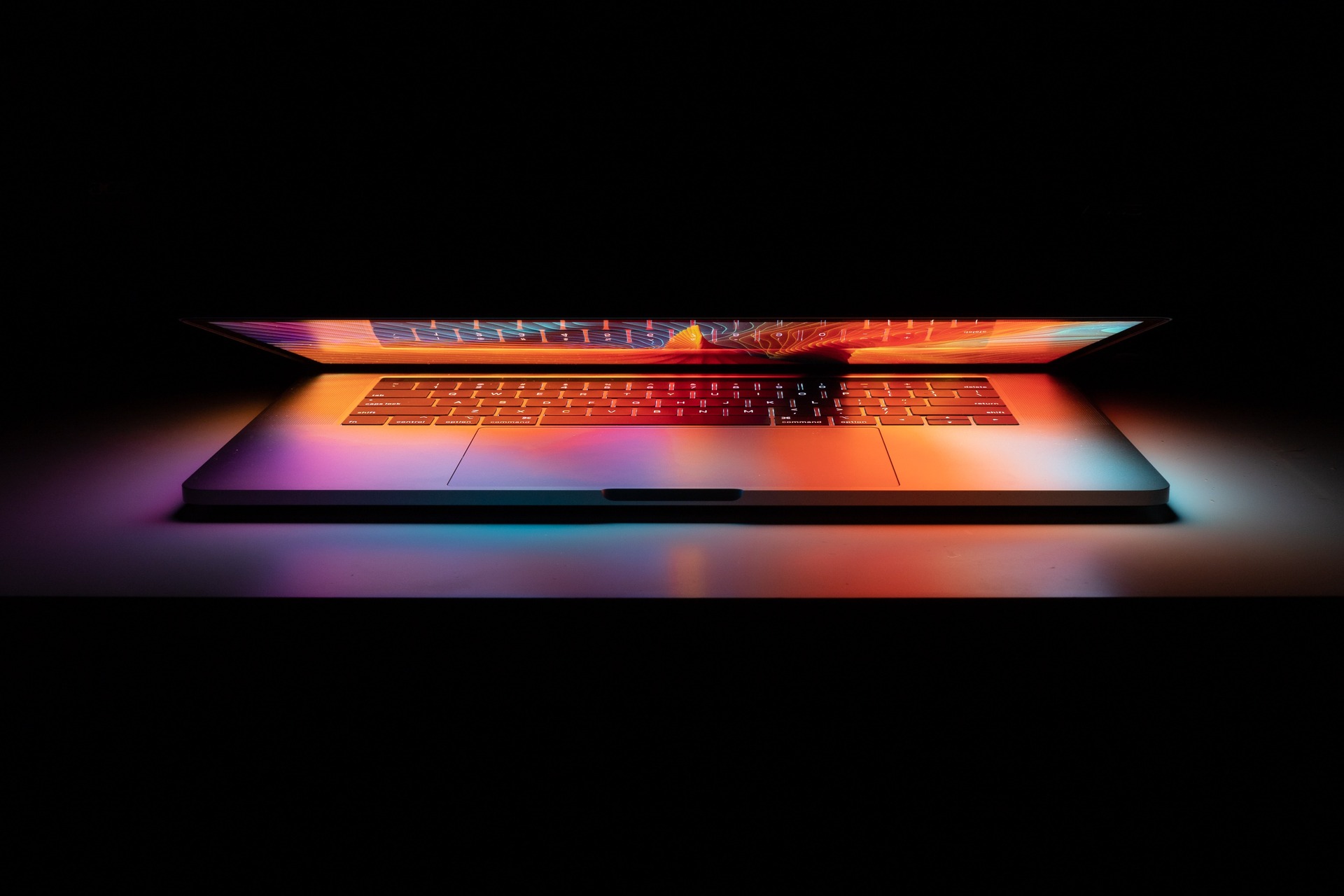Technology is evolving at a rapid pace. In the 1990s, personal computers with Internet connections entered the homes of billions of people around the planet. In 2007, Apple introduced the world to the iPhone, and the landscape of cell phones changed dramatically in the wake of this announcement. In almost every area of society, technology has impacted our everyday lives. The world of medical AI news is no exception.
So, in a world where most of us carry tiny computers in our pockets and virtual reality is becoming a regular occurrence, how do you push the envelope? In medical AI news, these limits get advanced every day. And, with a new breakthrough, the medical world is about to be turned on its head.
The Condition
Medical AI news is becoming increasingly relevant today. Robots are roaming around in laboratories and solving math equations. With all this occurring, you may be stunned to learn there’s more going on with medical AI than you even realize.
Alzheimer’s disease is one of the most devastating illnesses a person can face. Alzheimer’s can strike anyone at any time, and gradually deteriorates a person’s memory. Patients in advanced stages of the disease can no longer care for themselves, or recognize their loved ones’ faces. Fear of completely losing your faculties is perhaps the main reason people rank Alzheimer’s second only to cancer as their most dreaded illness.
However, even with such an awful disease, scientific research has brought new hope. And this hope comes in the form of artificial intelligence.
Detection Is Key
As with any disease, it’s not just what the condition does to a person that affects the person’s health. Many times, early diagnosis is the key to survival. Early detection is an area where the medical field has made impressive strides. After all, when doctors can diagnose a disease in its beginning stages, they have many more treatment options at their disposal.
The focus on detection is where the newest medical AI comes into play. Artificial intelligence now gives us a way to detect Alzheimer’s disease before it even really begins to affect the patient. It’s a tremendous find that has provided a bright ray of hope for anyone who rightly fears being afflicted with the disease.
Though doctors still haven’t discovered a cure for Alzheimer’s, this is still a breakthrough. The science behind it is fascinating and paves the way for even more artificial intelligence that can help us solve the puzzle of various diseases.
What It Does
To arrive at a proper diagnosis with Alzheimer’s disease, doctors must run a series of tests such as MRIs or CT scans. These powerful scans can map out different areas of the brain to determine where different activities are taking place, as well as measure deterioration. However, even if they arrive at a positive diagnosis for Alzheimer’s disease, doctors may not be able to precisely see how the condition is developing.
Now, enter the AI, and everything changes.
How It Works
Artificial intelligence is now “smart” enough to look at a brain scan and predict which patient will go on to develop full-blown Alzheimer’s disease. Researchers taught the AI how to do this by feeding it many brain scans and telling the system which patients eventually developed Alzheimer’s.
Specifically, the artificial intelligence can pick out a protein called amyloid. This protein develops in both people who have cognitive impairment and Alzheimer’s sufferers. The AI uses a sophisticated algorithm to detect the tiny differences between the amyloid in Alzheimer’s patients and those with cognitive impairment.
The Future of Medical AI Is Bright
AI has opened up a whole new realm of possibilities for doctors and medical researchers. And, as AI continues to improve, it is only going to advance the treatment options available for patients and their doctors. Cutting-edge technology has improved our lives immeasurably and made this an exciting time to be alive.
Recent Stories
Follow Us On
Get the latest tech stories and news in seconds!
Sign up for our newsletter below to receive updates about technology trends















